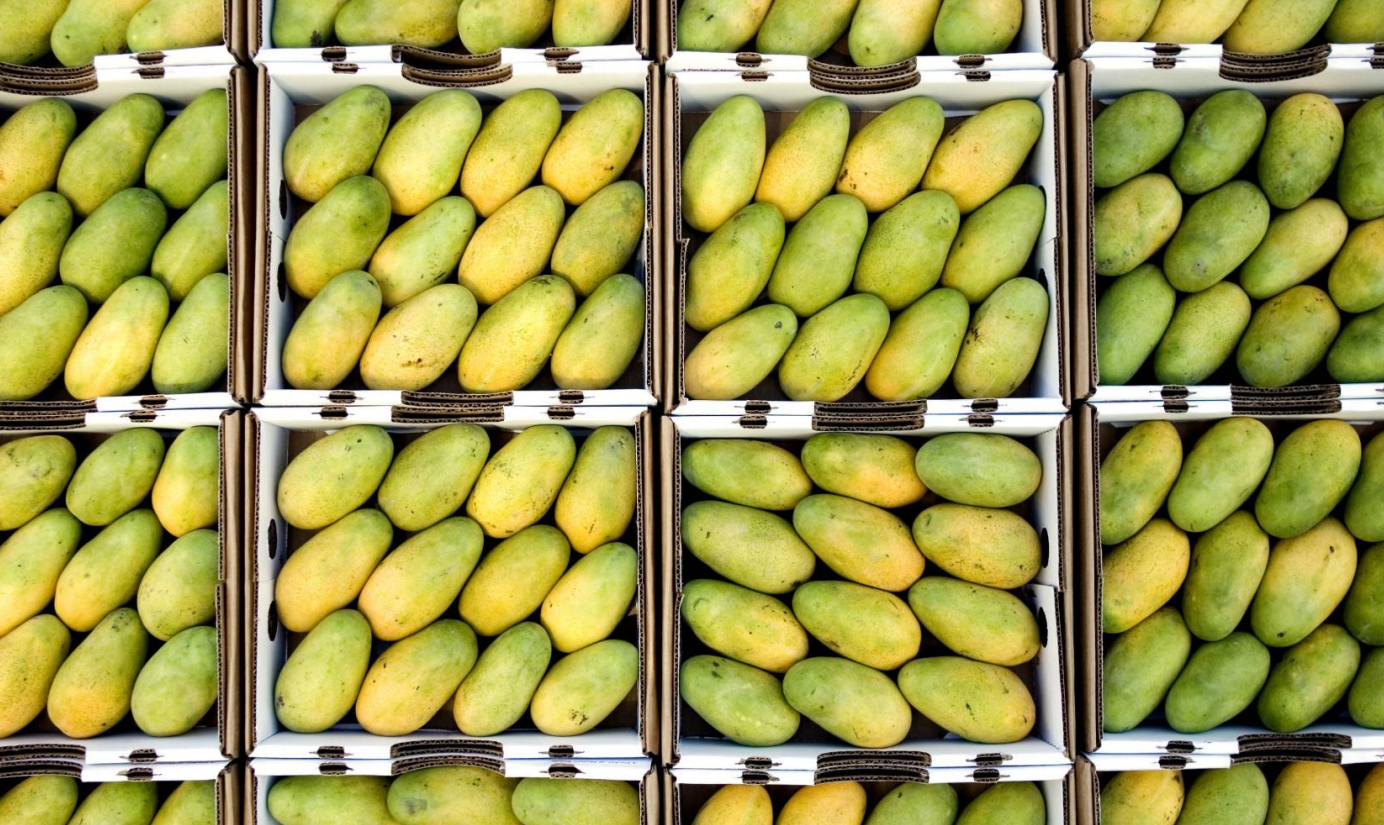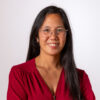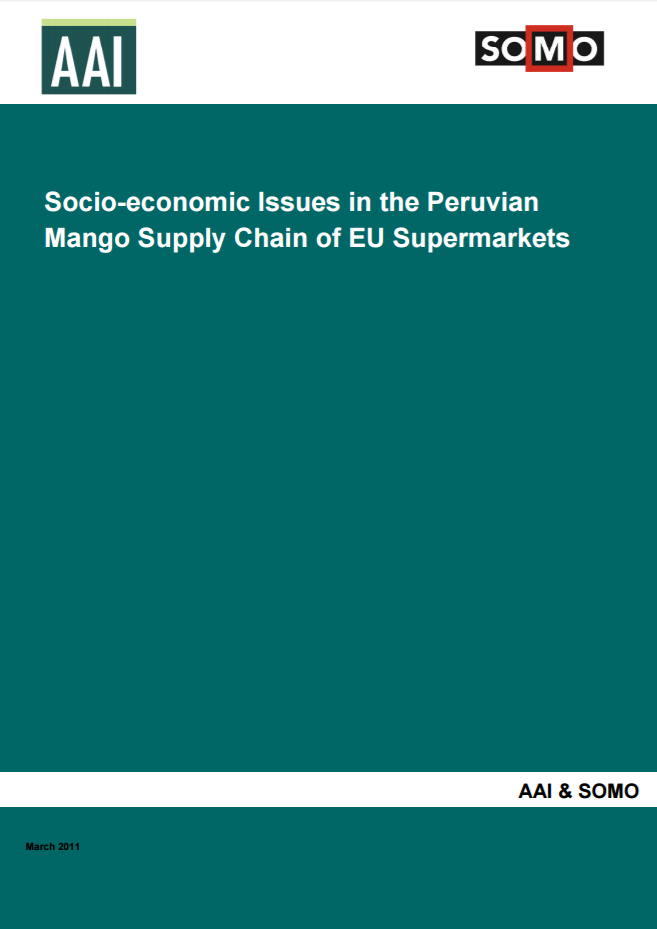
Case study on the Peruvian mango supply chain


With globalisation products containing ingredients or components from all over the world are now available in practically every shop. One of the exotic fruits that have become widely available are mangos. The case study presented in this briefing shows the conditions under which the mangos in are produced and harvested in Peru are below par. The case study among others identifies that workers at the beginning of the Peruvian mango supply chain work long days for poverty wages and under substandard circumstances. Nevertheless, the leading Dutch supermarket Albert Heijn is sourcing them. The case study thus illustrates that companies do not automatically behave responsibly throughout its supply chain, nor impose upon themselves a duty of care. The majority of EU multinational enterprises claims to have policies to address and prevent unsustainable practices in their supply chains. However, multinational enterprises registered in Europe are continually and increasingly being associated with environmental and human rights violations committed by companies themselves or occurring within their supply chains. This briefing illustrates there are still gaps between the theory and practice of doing sustainable business by European multinationals throughout their supply chain. In effect the case study shows that Europe is currently failing to ensure that responsible standards are being met by its multinationals. To combat corporate misconduct ECCJ has developed a set of proposals to reform EU law that will make it possible to hold EU-based companies accountable for the adverse impacts their operations have on human rights and the environment worldwide. Through applying the legal proposal to establish a parental duty of care this briefing explains how the implementation of this principle can help make a positive difference for workers at the bottom of the supply chain. If Albert Heijn would exercise its legal duty of care obligation to investigate, prevent and mitigate the risks of human rights and environmental abuses within its supply chain properly, labour conditions for Peruvian workers are very likely to improve.
Do you need more information?
-

Sanne van der Wal
Senior Researcher
Partners
Publication


Related content
-
-

-
 Sanne van der WalPosted in category:Publication
Sanne van der WalPosted in category:Publication Sanne van der Wal
Sanne van der Wal

